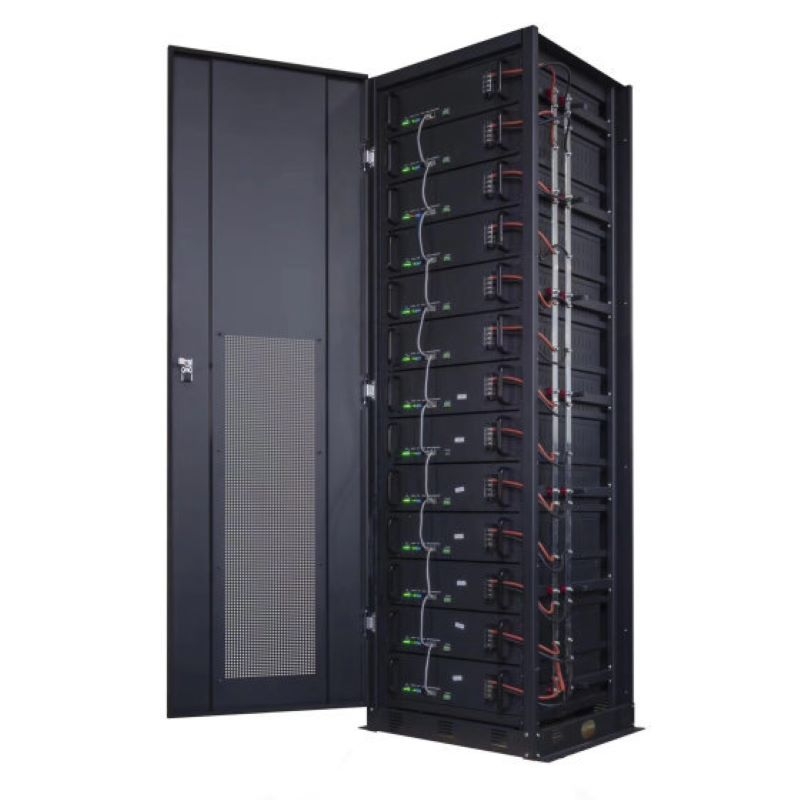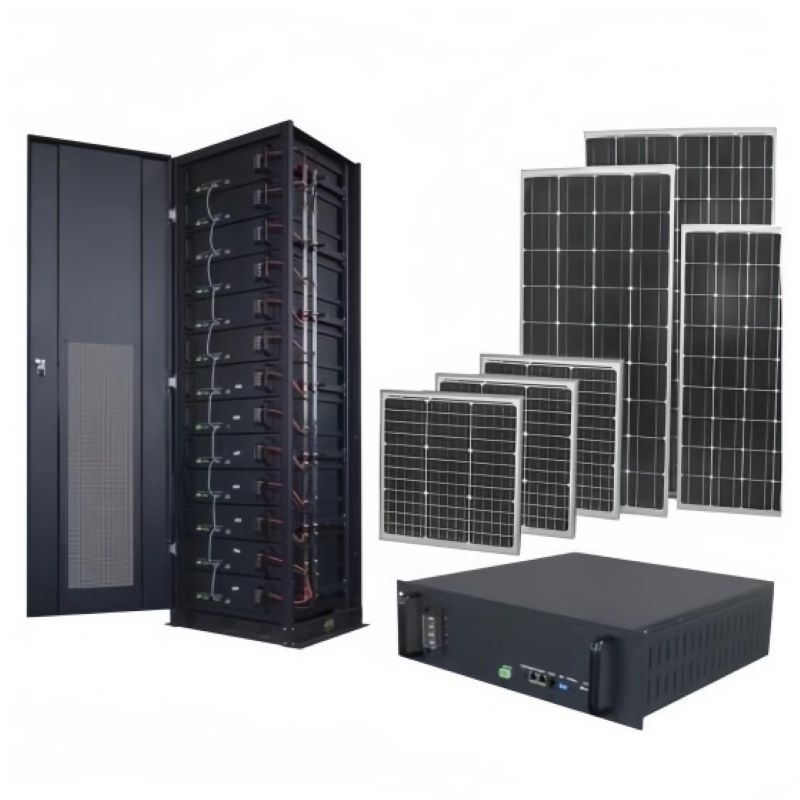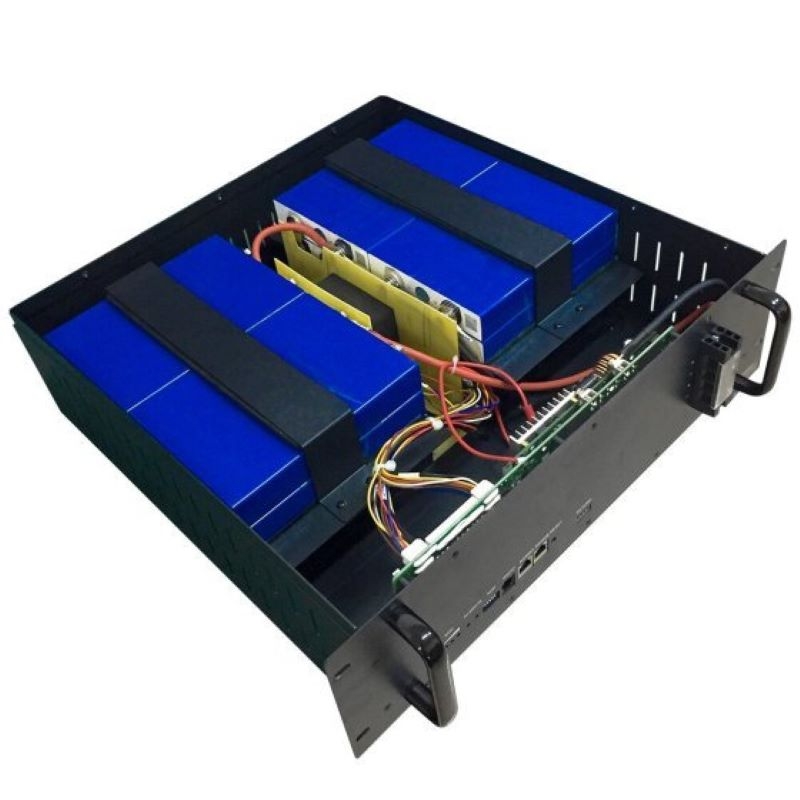

Lithium batteries play a role in the energy industry by providing effective energy storage solutions for different power needs such as large scale grids and decentralized power systems. They contribute to stabilizing power networks and enhancing the effectiveness of energy sources, like solar and wind power while encouraging the adoption of eco friendly energy practices.
Lithium batteries offer a benefit in terms of their high energy density which enables them to store a greater amount of energy per unit volume when compared to conventional lead acid batteries. ZLPOWER batteries are specifically engineered to retain a current capacity making them well-suited for situations where compactness is essential alongside a need, for strong power performance.
Lithium batteries are well known for their extended lifespan cycle that leads to less frequent battery replacements and reduced maintenance expenses over time, due to their durability and cost-effectiveness compared to standard lead acid batteries.
Lithium batteries are widely used due to their effectiveness and performance across applications. They have self-discharge rates and better charge/discharge efficiencies compared to other battery varieties. This helps ensure that a greater amount of stored energy is accessible, for use when required, enabling energy storage systems to operate.

The smooth incorporation of lithium batteries into energy storage systems has revolutionized the way we handle power management and distribution.
Large-scale energy storage systems see advantages when incorporating lithium batteries because of their capacity to respond quickly and maintain grid stability during high-demand times. These setups can take in energy during low-use hours and distribute it when demand surges to maintain a steady power supply.
Lithium batteries are a choice for providing backup power, in homes and businesses alike. They are commonly paired with panels to store extra solar energy for later use when the sun isn‘t shining bright or during overcast weather conditions. The PVG 3\. 0KW 4\. 8KW 6\.1KW Off Grid Hybrid Solar Inverter is an example of how these batteries can be combined with solar technology to boost overall efficiency.
The process of integration includes important elements and technologies that guarantee the best performance possible. The use of inverter technologies such as those featured in the PVM Plus 3. KVA 55 KVA Off Grid Inverter facilitates effective conversion between AC and DC power sources. MPPT controllers are utilized to maximize energy input, for charging batteries effectively.
Effective management systems play a role in overseeing the health and performance of batteries to promote longevity and prevent problems, like overcharging or deep discharging in lithium battery-based energy storage systems.
In short, lithium batteries play a role in contemporary energy storage solutions because of their high energy density, extended lifespan, and excellent effectiveness. Their incorporation into systems aids in managing both large-scale grid operations and personal home setups, leading the path towards more environmentally friendly energy practices worldwide.
Safety is paramount when utilizing lithium batteries in energy storage systems due to their energy capacity and associated risks, such as overheating and fire hazards. It is essential to implement management strategies to mitigate these potential dangers effectively.
Monitoring lithium batteries is crucial for their health and performance. This is where advanced battery management systems (BMS) play a key role! These systems provide real-time updates on the battery‘s temperature changes, charging status to keep it in optimal shape consistently. They are effective in preventing issues, such as overcharging or excessive discharge that could jeopardize its safety. Integrated with thermal management solutions to help regulate heat dissipation within them and reduce the likelihood of overheating incidents from happening.
 ZLPOWER is known for being at the forefront of developing cutting-edge lithium battery solutions that cater specifically to energy storage needs. They focus heavily on creating products that prioritize effectiveness, reliability, and environmental friendliness.
ZLPOWER is known for being at the forefront of developing cutting-edge lithium battery solutions that cater specifically to energy storage needs. They focus heavily on creating products that prioritize effectiveness, reliability, and environmental friendliness.
ZLPOWER energy storage power solutions offer a cycle life compared to ordinary lead acid batteries. Up to 3,500 cycles or five times more than usual! This durability helps cut down on replacement costs and overall expenses significantly, making them perfect for residential and commercial energy storage purposes alike.
Moreover, ZLPOWER prioritizes design and high-density capacity—offering three times the storage compared to lead-acid batteries, for the same volume—guaranteeing that their lithium batteries provide top-notch performance while maintaining space and efficiency.
Moreover, ZLPOWER’s dedication to safety is apparent in the BMS technology incorporated into their products. This innovative system guarantees surveillance and control of battery status to avert safety concerns, like excessive heat or overcharging.
ZLPOWER is committed to developing state-of-the-art solutions that tackle performance and environmental issues in energy storage systems, utilizing lithium battery technology to support energy initiatives worldwide.
-20 to 60 degrees Celsius
Data centers and telecommunication systems rely on components such as solar and wind energy storage systems. Additionally, backup power sources like UPS units and inverters play a role in supporting electric vehicles.